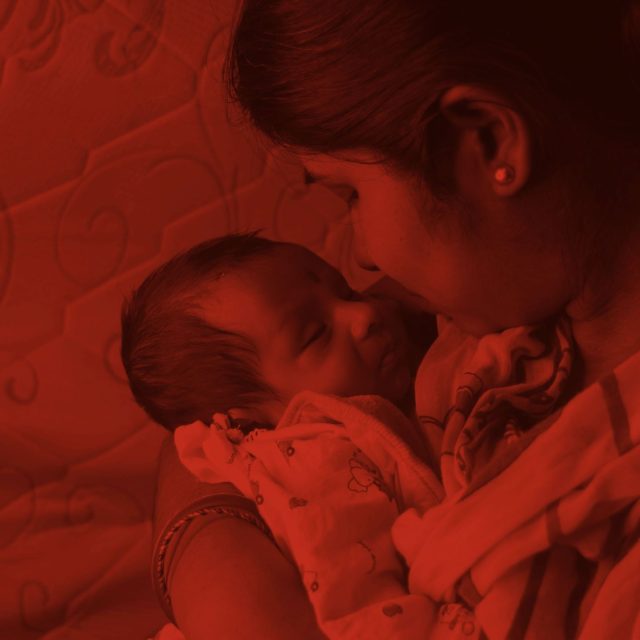
Gender Benchmark
Assessing and comparing how companies are driving and promoting gender equality and women’s empowerment across their entire value chain.
Aim
Gender inequality is a social issue that cuts across systems, geographies, and industries. Women experience adverse impacts of business activities differently and disproportionately. They have historically been discriminated against owing to existing harmful norms and power structures.
By addressing the barriers to gender equality and empowering women within the private sector, huge, positive gains can be made in the achievement of all the Sustainable Development Goals.
In 2023 we published our second Gender Benchmark, assessing and ranking 112 companies from the apparel and food and agriculture sectors, looking at the policies, processes and practices that companies should have in place in order to achieve this.
We also have also assessed 2,000 companies on the ‘fundamentals’ – the first steps that companies should be taking to address gender inequality.

See our Methodology for the 2026 Gender Benchmark
See documentMilestones
-
Publish our Scoping Report for the Gender Benchmark
September 2018
-
Publish our Methodology for the 2021 Gender Benchmark
March 2020
-
Publish our Gender Benchmark Baseline Report
September 2020
-
Publish our 2021 Gender Benchmark
29 June 2021
-
Publish our Methodology for the 2023 Gender Benchmark
April 2023
-
Publish our 2023 Gender Benchmark and assessment of 1,000 companies
November 2023
-
Publish our Methodology for the 2026 Gender Benchmark
October 2024
-
Assess companies on a rolling basis
2024 onwards
Get involved
Are you a stakeholder working to hold companies accountable for their responsibility to drive and promote gender equality in their supply chains? Or would you like to learn more about our work? If so, we’d love to hear from you.




